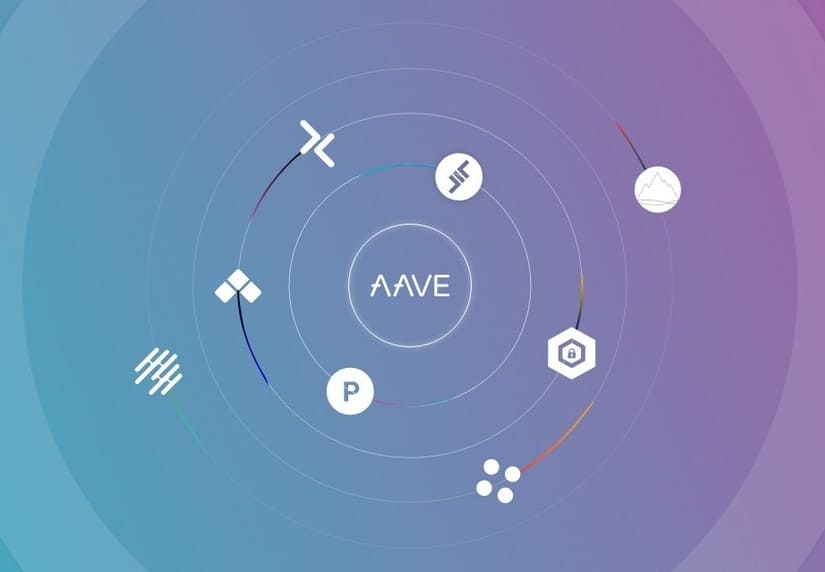Aave Companies launched the second version of its decentralized social protocol, Lens V2, during the Devconnect event in Istanbul.
With this release, the DeFi project Aave, marks another step in the ongoing evolution of Lens, aiming to provide developers with enhanced tools for building new social experiences and faster monetization.
Aave designed the previous version, Lens V1, to drive early web3 social networks, fostering creativity, experimentation, and new discovery tools within the Lens ecosystem.
What Does Aave Intend With Lens V2?
With Lens V2, the company aims to move towards a more modular design, giving builders greater autonomy and flexibility to integrate web3 social features, propelling the next wave of innovation.
Launched on Polygon in May 2022, Lens Protocol serves as a decentralized social graph used to construct social media platforms.
It facilitates the storage of social media activity through non-fungible tokens (NFTs) and on-chain data.
All Lens V1 profiles and applications have been migrated to V2, including over 11 million social connections and more than 34 million social interactions.
Lens V2, currently in beta, introduces a suite of web3-native independent social primitives, providing developers with new tools to incorporate web3-powered features into any existing application.
One key feature of V2 is its enhanced composability, enabling developers to create social experiences and monetization methods more efficiently.

Highlighted features of Lens V2 include the ability to transfer handles independently of profiles, delegate social actions to different wallets, and manage profiles by one or more persons, multisigs, or DAOs to enhance security.
Developers can now create “Smart Posts” supporting actions such as renting publication space for ads, pay-to-read options, tipping, voting, verifying, subscribing, and donating.
Furthermore, Lens V2 bridges the gap between web2 and web3, allowing solutions like those from Chainlink Functions to integrate web2 data and events into Lens.
It also features cross-chain functionality, enabling actions such as minting a music NFT on Ethereum, bridging to Solana via Uniswap, or using Aave Liquidity Pools.


